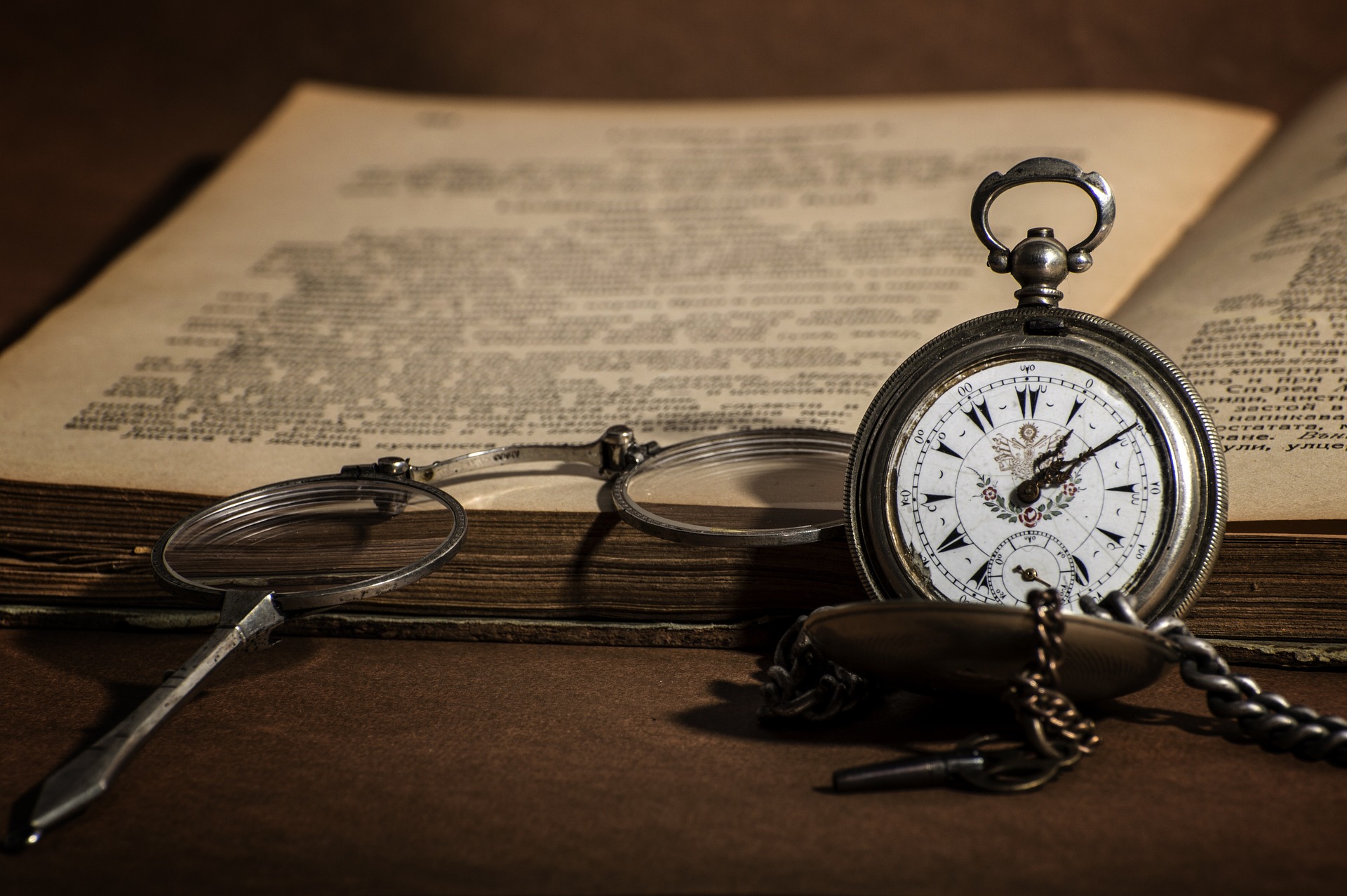Where Do You Go With Your Wisdom? Don’t Waste It On An 88-year Old Retirement Model.

Image by Georgi Dyulgerov from Pixabay
Shouldn’t we, as “modern elders” be marrying our wisdom to others, somehow, someway?
We’ve piled up 30, 40, 50 years of it. Where does it make sense to hoard it, warehouse it, let it go stale?

OK, so you don’t feel like you are wise.
Wrong, dear friend!
You have your own individual wisdom, a mash up of all your victories, defeats, exhilarations, embarrassments.
Personally, I feel I’ve earned a masters degree in screw ups and a doctorate in toe-stubbing.
But, I claim no failures. It’s all just been a long string of research and development.
One of my failures, some would say, was that I missed that road sign that said “Detour 65. Please move to the sidelines, get out of the way, and take it easy.”
I often wonder what it would be like for me today if I had bought the traditional retirement Kool-Aid.
I can only conjecture, but there’s a part of me that still wants to avoid challenge, problems, or leaving the comfort zone. At my core, I’m as likely a candidate as those who succumb to the temptation to grab hold of this semi-entitlement and hop on to an ever accelerating downward curve.
We’ve all got this part in us. In fact, Steven Pressfield wrote a whole book on it: “The War of Art: Break Through the Blocks and Win Your Inner Creative Battles.” He calls it “the resistance” and “genius’s shadow” saying further that “- it prevents us from achieving the life God intended when He endowed each of us with our own unique genius.”
I arm wrestle with resistance everyday. Some days it wins, like last week when I failed to post my weekly article for only the 3rd time in 5 1/2 years. OK, it was the day the Nuggets swept the Lakers, so a little slack is accepted.
There is little more gratifying than winning that wrestling match and breaking through the imposter syndrome and doing what is invariably a mix of discomfort, inconvenience, and doubt.
Just know that the resistance doesn’t want you spreading that wisdom around. It won’t get in the way of you letting it atrophy.
Genius? Who me?
Yep. You!
We were all born individual geniuses. It doesn’t take long for that to be squashed. Parents, peers, professors, pastors, physicians, politicians, and pundits team up with the media and Pressfield’s resistance to take it away in favor of conformity, comfort, and convenience.
The result is a learned mindset that puts a time stamp on our value.
Retirement by it’s very definition means to “retreat to a place of safety and security.”
Biologically, neurologically, physically – that’s not a good place to go. But, the temptation is great because of the disguise that the resistance puts on an environment that slows the learning process, leads to sedentary lifestyles, reduces social relationships, and encourages removal of a key component of longevity – work!
Don’t be a burned-down library.
There’s an African proverb that says:
“When an old man dies, a library burns to the ground.”
What say, let’s spread our library around before it burns down. And, oh, by the way, it is going to burn down.
Keep learning. Keep stretching and pushing the edges. Help somebody. Be a rebel against the stale, illogical retirement model.
Favor us with your genius – it ain’t dead yet!!







